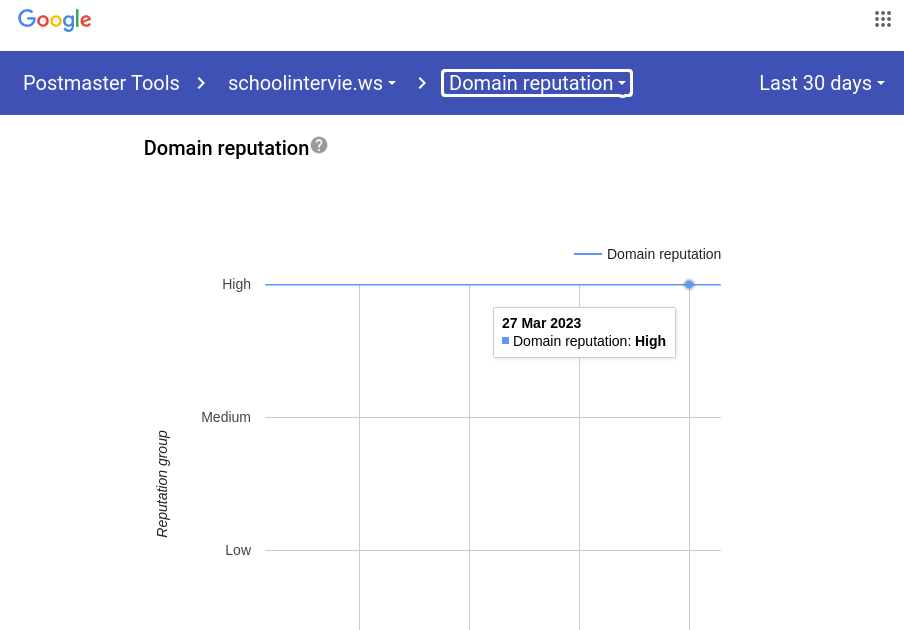

applied by centre left and liberals
It’s a term that originates with the left. Specifically, those who broke with the USSR over imperialist invasions, referring to those who did not. More broadly, it refers to the authoritarian left (as opposed to the anarchist left).




Lots of lovely laws, none of them enforced. Liberals* are really very bad** at this game.
*in the political science meaning of the word, not the US colloquial meaning
**or good, depending on your perspective and/or the sincerity of their declared intent